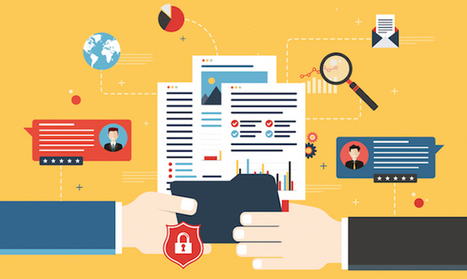Estonia and Finland will start exchanging digital prescriptions at the end of the year, in a groundbreaking move that Estonian Health Minister Riina Sikkut said she hoped other EU countries will follow.
Speaking to EURACTIV.com on the sidelines of the European Health Forum in Gastein, Austria, Sikkut said that in Estonia, it is common practice for healthcare professionals to use the e-health system to exchange patient medical records.
“But it is also important for people who have a need for healthcare services abroad to have his or her health data available to a doctor, nurse or a pharmacist so that they could also provide quality healthcare services and continuity of care,” she said.
The cross-border flow of data has taken centre stage in the discussion in Brussels. Right now, when citizens move to another EU member state, their healthcare data is in fact simply “lost”.
Advocates of the digitisation of healthcare say data mobility, or the “5th freedom”, in the EU could unlock the potential of innovation in the sector and make EU patients’ lives easier.
Estonia is known for its digitisation push in all sectors, and during its EU Presidency (July-December 2017), it took significant steps to create a “coalition of the willing” of EU member states to speed up healthcare data mobility in Europe.



 Your new post is loading...
Your new post is loading...









